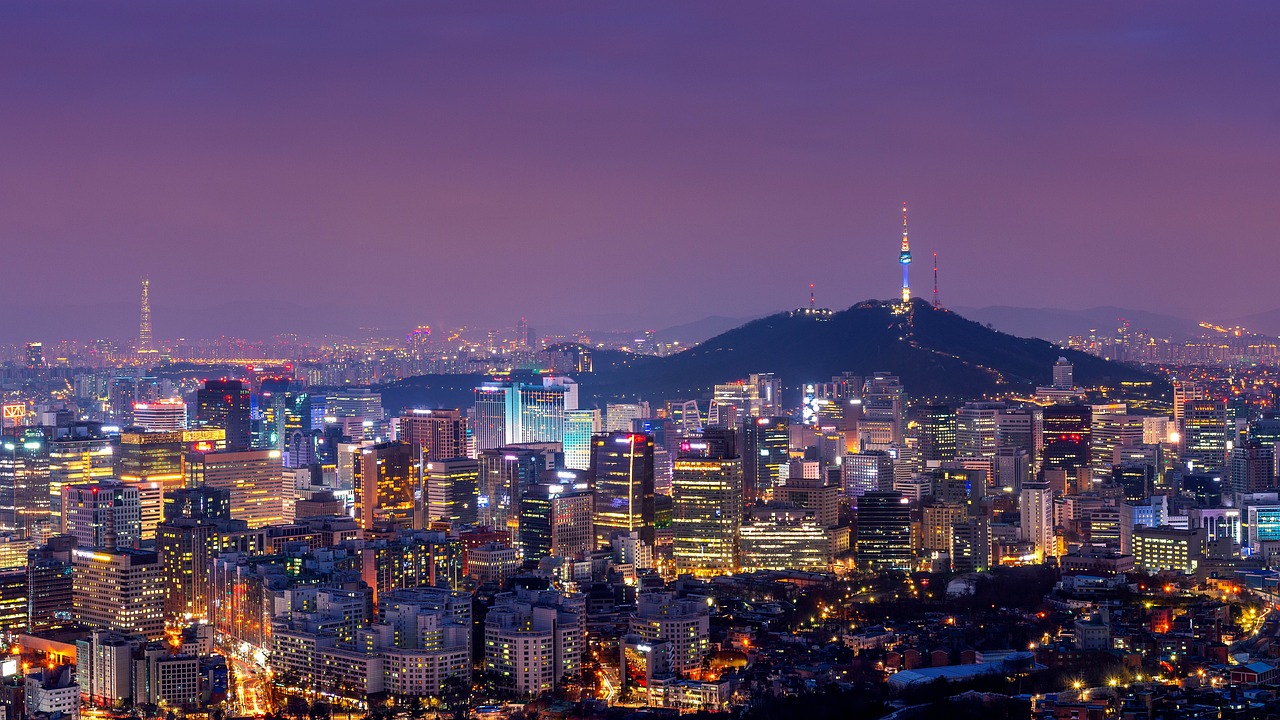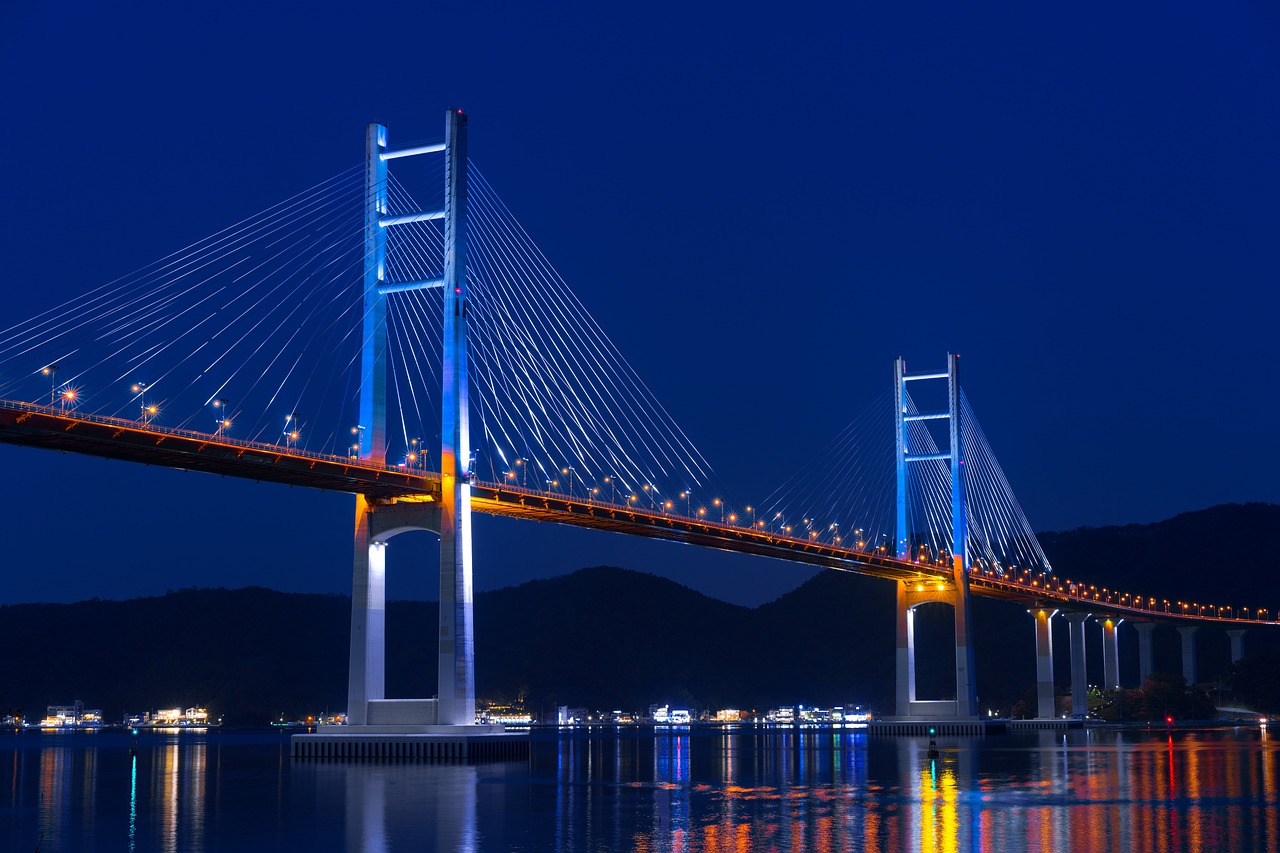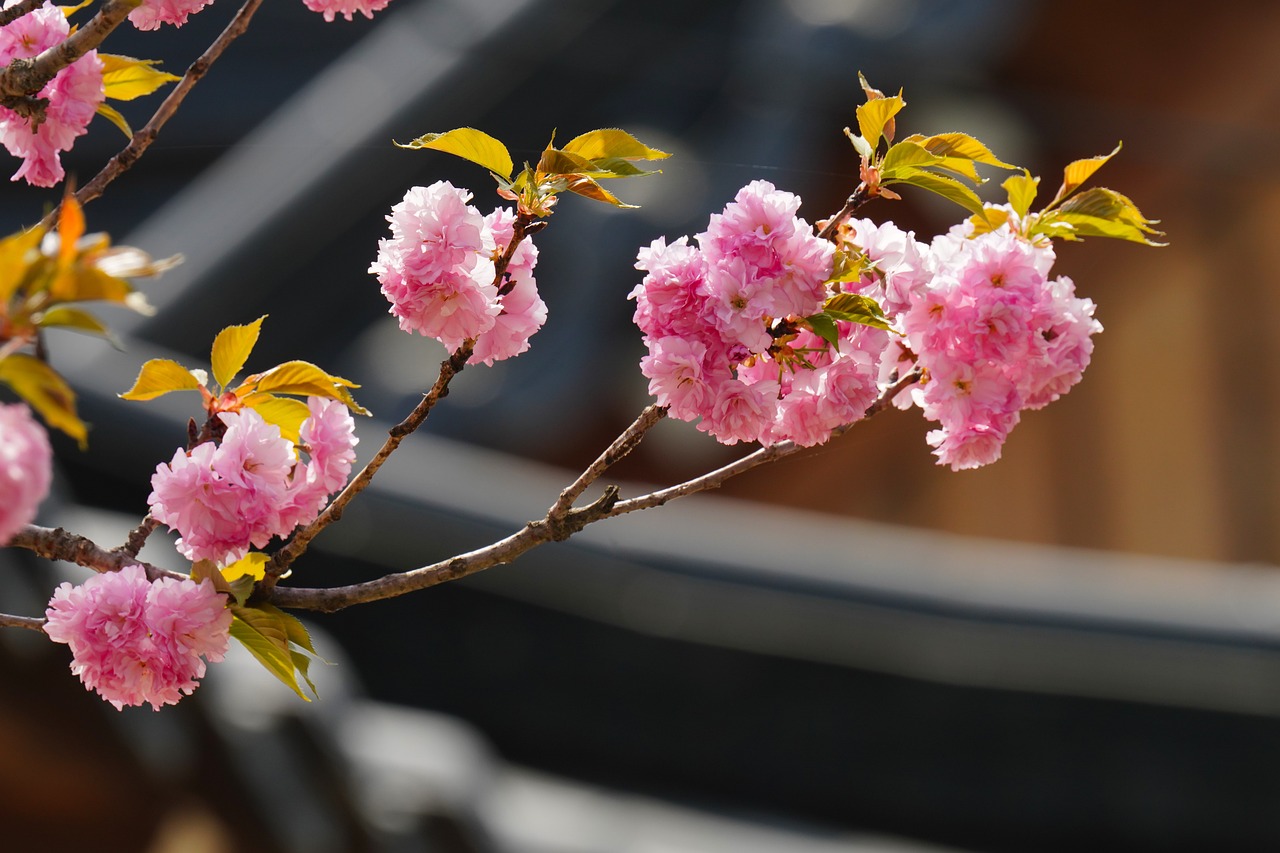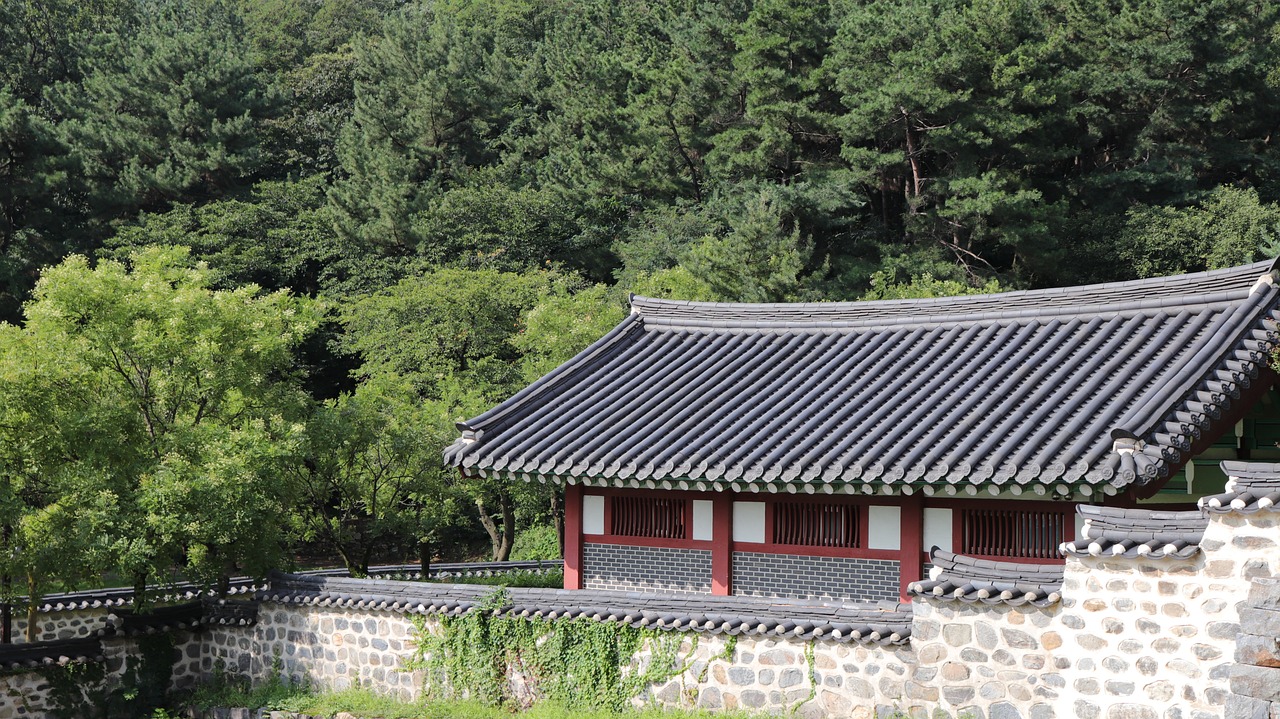South Korea Video
Keeping Up with Health and Wellness in South Korea
South Korea is a vibrant and dynamic country known for its rich culture, technological advancements, and stunning landscapes. In recent years, there has been a growing focus on health and wellness in South Korea, with a wide range of activities and practices available to promote a healthy lifestyle. From traditional Korean medicine to modern fitness trends, South Korea offers numerous options for individuals looking to keep up with their health and wellness goals. In this article, we will explore various aspects of health and wellness in South Korea and provide detailed information on how to maintain a healthy lifestyle in this beautiful country.
Traditional Korean Medicine
Traditional Korean medicine, also known as Hanbang, is an integral part of South Korea’s healthcare system. It is based on the principles of balancing the body’s energy, known as Qi, and uses natural remedies and therapies to promote overall well-being. Some of the key components of traditional Korean medicine include acupuncture, herbal medicine, and dietary therapy.
- Acupuncture: Acupuncture involves the insertion of thin needles into specific points on the body to stimulate the flow of Qi and restore balance. It is commonly used to alleviate pain, reduce stress, and treat various health conditions.
- Herbal Medicine: Herbal medicine in South Korea utilizes a wide range of natural herbs and plants to treat ailments and improve overall health. Practitioners create customized herbal formulas based on individual needs and conditions.
- Dietary Therapy: Korean dietary therapy focuses on the concept of food as medicine. It emphasizes the consumption of nutritious foods such as grains, vegetables, and fermented products to maintain a healthy body and prevent diseases.
Fitness Trends in South Korea
South Korea is known for its K-pop music and entertainment industry, which has greatly influenced the fitness trends in the country. Here are some popular fitness trends that have gained popularity in South Korea:
- K-Pop Dance Workouts: K-Pop dance workouts combine energetic dance routines with aerobic exercises. These workouts are fun, high-energy, and great for burning calories while learning popular K-Pop dance moves.
- High-Intensity Interval Training (HIIT): HIIT workouts involve short bursts of intense exercises followed by short periods of rest. This type of workout is known for its efficiency in burning fat and improving cardiovascular fitness.
- Pilates: Pilates is a low-impact exercise method that focuses on core strength, flexibility, and body alignment. It is suitable for individuals of all fitness levels and can help improve posture and overall body strength.
Outdoor Activities
South Korea is blessed with breathtaking natural landscapes, making it an ideal destination for outdoor activities. Engaging in outdoor activities not only promotes physical health but also provides an opportunity to connect with nature and reduce stress. Here are some popular outdoor activities in South Korea:
- Hiking: South Korea is home to numerous scenic hiking trails, offering stunning views of mountains, forests, and waterfalls. Some popular hiking destinations include Seoraksan National Park, Jirisan National Park, and Jeju Island.
- Cycling: Cycling is a popular activity in South Korea, with dedicated cycling paths available in cities and rural areas. Exploring the countryside on a bike is a great way to stay active and enjoy the beautiful scenery.
- Water Sports: With its long coastline and numerous rivers, South Korea offers various water sports activities such as kayaking, paddleboarding, and surfing. These activities provide a refreshing way to stay active and enjoy the coastal landscapes.
Spa Culture
Spa culture is deeply ingrained in South Korean society, and visiting a traditional Korean spa, known as a jjimjilbang, is a popular way to relax and rejuvenate. Jjimjilbangs offer a unique experience that combines bathing, sauna, and various relaxation facilities. Here are some features you can expect to find in a typical jjimjilbang:
- Bathing Areas: Jjimjilbangs have separate gender-segregated bathing areas with hot tubs, cold pools, and steam rooms. Taking a leisurely bath in these facilities is believed to have therapeutic benefits for the body and mind.
- Sauna Rooms: Jjimjilbangs offer a variety of sauna rooms with different temperatures and themes. These sauna rooms provide a relaxing environment to unwind and detoxify the body.
- Resting Areas: Jjimjilbangs have designated resting areas with heated floors, where visitors can relax, take a nap, or socialize with friends.
Healthy Eating in South Korea
South Korean cuisine is known for its emphasis on fresh ingredients, balanced flavors, and nutritious meals. Here are some key aspects of healthy eating in South Korea:
- Banchan: Banchan refers to a variety of side dishes that accompany the main meal. These side dishes often include pickled vegetables, tofu, kimchi, and other fermented foods, providing a range of flavors and nutrients.
- Vegetables and Rice: South Korean meals typically include a generous serving of vegetables and rice. Vegetables are often stir-fried or lightly seasoned, allowing their natural flavors to shine through.
- Seafood: With its extensive coastline, South Korea offers a wide variety of fresh seafood options. Seafood dishes are a great source of lean protein and essential omega-3 fatty acids.
Image 1: South Korea

South Korean Wellness Retreats
For those seeking a more immersive wellness experience, South Korea offers a range of wellness retreats and programs. These retreats provide an opportunity to disconnect from daily life and focus on personal well-being. Here are some types of wellness retreats available in South Korea:
- Yoga Retreats: Yoga retreats in South Korea offer a serene environment to practice yoga, meditation, and mindfulness. These retreats often take place in picturesque locations, allowing participants to connect with nature while rejuvenating their mind and body.
- Temple Stays: Temple stays provide a unique opportunity to experience Buddhist culture and practice mindfulness. Participants can engage in meditation, temple rituals, and communal activities to find inner peace and tranquility.
- Traditional Healing Retreats: Traditional healing retreats combine elements of traditional Korean medicine, meditation, and natural therapies. These retreats focus on holistic well-being and offer personalized treatments to address specific health concerns.
Image 2: South Korea

Wellness Resorts in South Korea
South Korea is home to several world-class wellness resorts that offer luxurious accommodations, spa treatments, and wellness programs. These resorts provide a comprehensive approach to health and well-being. Here are some renowned wellness resorts in South Korea:
- Grand Hyatt Jeju: Located on the picturesque Jeju Island, Grand Hyatt Jeju offers a range of wellness facilities, including a spa, fitness center, and outdoor pools. The resort also provides various wellness programs to cater to individual needs.
- Seamarq Hotel: Situated in Gangneung, Seamarq Hotel combines modern luxury with natural beauty. The hotel features a wellness center, hot spring baths, and stunning ocean views, providing a serene environment for relaxation and rejuvenation.
- Spa Lei: Located in Seoul, Spa Lei is a renowned wellness retreat that offers a wide range of spa treatments, beauty services, and relaxation therapies. The retreat focuses on providing a holistic experience to enhance both physical and mental well-being.
Image 3: South Korea

Conclusion
South Korea offers a plethora of opportunities for individuals to keep up with their health and wellness goals. Whether through traditional Korean medicine, engaging in fitness trends, enjoying outdoor activities, experiencing spa culture, adopting healthy eating habits, participating in wellness retreats, or visiting wellness resorts, South Korea provides a holistic approach to maintaining a healthy lifestyle. Embracing the rich culture and natural beauty of South Korea while taking care of your well-being is a truly rewarding experience.
References
– koreatimes.co.kr
– visitkorea.or.kr
– medicalkorea.or.kr
– thegrandhyattjeju.com
– seamarqhotel.com
– spalei.co.kr


